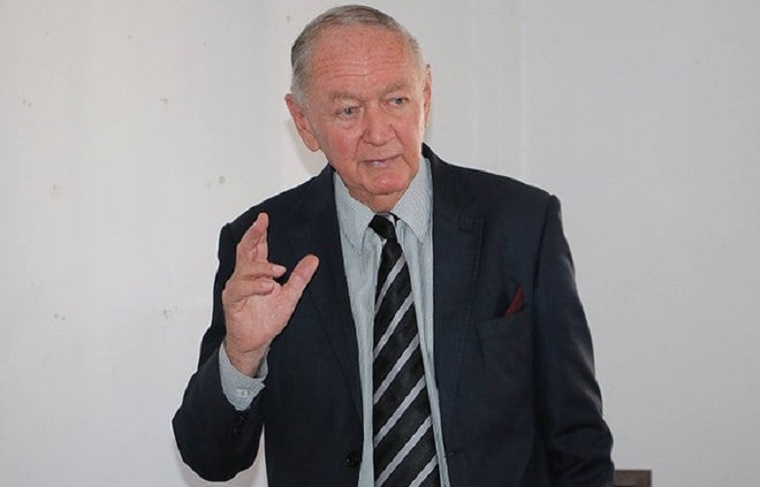 Zimbabwean economist Eddie Cross has asked why Zimbabweans are complaining so much because as far as he is concerned the country is on the road back to prosperity and growth but this is not going to be quick, easy or without pain.
Zimbabwean economist Eddie Cross has asked why Zimbabweans are complaining so much because as far as he is concerned the country is on the road back to prosperity and growth but this is not going to be quick, easy or without pain.
Writing on his personal blog today, a day after the International Monetary Fund said Zimbabwe’s economic reform programme was now off track, Cross says the turbulence that Zimbabwe is going through is not unique to the country.
“My own feelings are that we have made real progress in the past year or so in the task of setting Zimbabwe on the road back to prosperity and growth. But it is not going to be quick, easy or without pain,” he says.
“When I say this to friends they regard me with that look that basically says – you again, the forever optimist! I counter this with two arguments – please show me anyone who ever really achieved anything without optimism – optimism in their own capacity and in achievement of the task that they had taken on.
“My second illustration comes from our guerrilla war, would my sceptics go into battle with leadership that did not believe they could fight and survive? Of course not, it is an essential feature of leadership that we believe in what we are doing and what we are going to achieve.”
Cross lists some of the things that Zimbabwe has achieved so far as a realistic budget where the country achieved a surplus as opposed to perennial deficits.
He says the government managed to reduce the size of its salary bill from almost 100 percent of government revenue to less than 40 percent.
He says the country is de-dollarising and not re-dollarising as some argue.
“We have formalised the use of the RTGS dollar and our paper currency and today over 90 per cent of all transactions are made in these currencies in domestic markets,” he says.
“The talk of re-dollarisation is simply a lack of understanding, we are de-dollarising our economy but recognising this will take years, not months.
“We have to re-establish confidence in our own currency and our ability to protect and maintain its real value. So long as people think it is not a safe vehicle for savings, people will retreat to the US dollar as a store of value – just like gold in previous centuries.
“The reality is that there is much more US dollar cash in our economy than our own currency. We are trying to remedy that but it takes nearly a year to get a new currency designed and printed and put into circulation. In the meantime, the existing currency actually trades at a 30 per cent premium in local markets over the RTGS dollar.
“It is even widely traded in neighbouring States. So the State has decided to slow down the process of de-dollarisation and to allow people to use their own foreign funds on the domestic market. This will tap into the very considerable volume of hard currency that is being traded in the informal economy and assist us in meeting demand for essential imports.”
He, however, notes that Zimbabwe will not make real progress until people believe that these changes are real and will not be reversed.
“Only then will we start to behave differently and invest in our own future,” he said.
Continued next page
(334 VIEWS)

